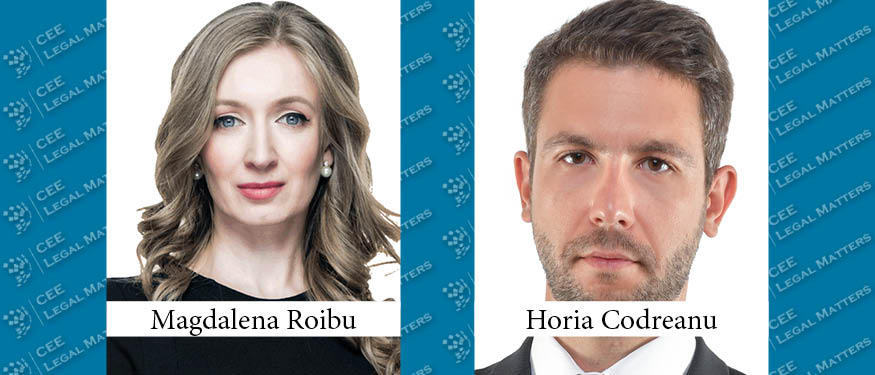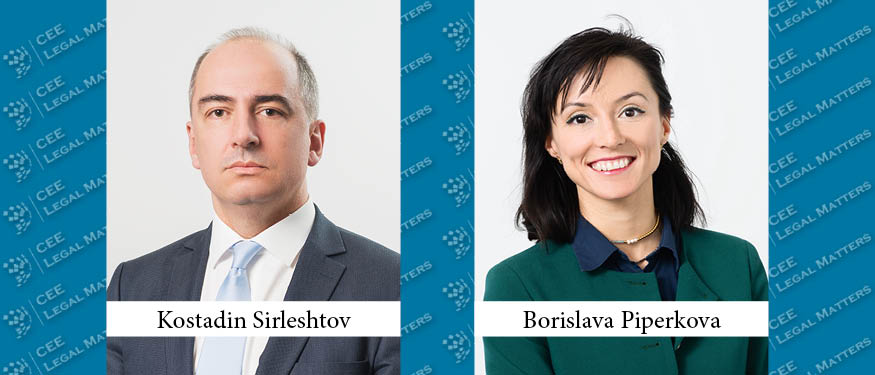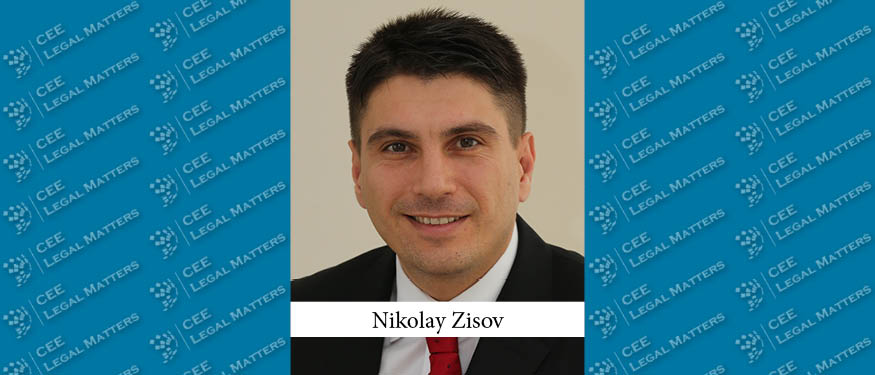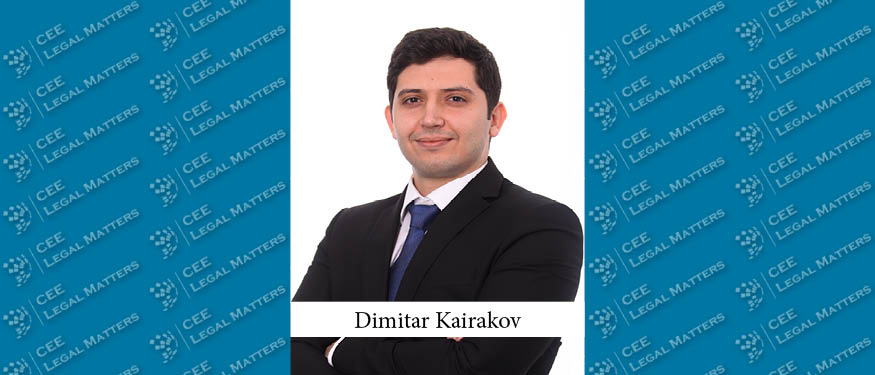Serious crimes, such as tax evasion, corruption offenses, or money laundering provoke serious responses from law enforcement authorities. When such offenses are committed, the law provides for compulsory precautionary measures to be taken against the assets of the offenders, at any stage of the criminal proceedings.
The precautionary measures restrict property rights and are mainly intended to (1) guarantee the enforcement of any claims which may be recognized to third parties damaged by the offense, as well as the payment of criminal fines or judicial expenses, and (2) avoid the concealment, destruction, transfer, or pursuit of assets subject to confiscation. They basically consist in freezing the defendant’s assets, followed by the seizure or garnishment of said property, movable and/or immovable. In those cases, the precautionary measures are taken to prevent any potential incapacities to pay for the probable amount of the damage caused by the offense.
In practice, one controversial issue arises precisely from the obligation to impose the measure, which supersedes the analysis of all other criteria that must be fulfilled in order to impose precautionary measures. In an almost shortsighted act of duty – which calls for the mandatory application of precautionary measures – judicial bodies no longer resort to the analysis of the triple-principle test of necessity, adequacy, and proportionality with regard to the scope of the measures.
To deem precautionary measures adequate, it should be verified whether the person against whom they could be imposed is trying to conceal, destroy, or transfer property or in any other way evade sanctions. In practice, such intentions are merely presumed, without any proof of a person’s attempt to diminish their patrimony. In the case of legal entities, the topic becomes more delicate, since a decrease in wealth could occur without any criminal intent to evade the obligations (e.g., bad business decisions, inflation, unhonored contracts, etc.).
The Constitutional Court and the High Court of Justice have ruled that there must be a proportionality relationship between the scope of the measure and the restriction of the fundamental right to property, regardless of whether the measure was imposed by law or was left to the discretion of judicial bodies. As these courts stated, this condition derives from both Article 1 of the First Additional Protocol to the European Convention on Human Rights and Fundamental Freedoms and Article 53(2) of The Romanian Constitution.
Echoing this case law, in 2021, the Romanian lawmaker adopted an amendment to the Code of Criminal Procedure, introducing art. 250(2), which states that precautionary measures should be verified by judicial bodies ex officio no later than six months during the criminal investigation and one year during the trial. The purpose of this legal sanity check is to establish whether the grounds for taking or maintaining the measures still exist, or whether new grounds have arisen that could lead to the maintenance, extension, or lifting of the measure.
In the case of legal entities, the criteria for ordering precautionary measures should be analyzed from an economic point of view, since freezing assets could block the entire activity without the company being able to pay suppliers, employees, and so on.
Another practical issue has arisen when the measures are being imposed only on one party to the trial, where there is civil joint liability between several accused parties. Based on joint liability rules, one offender could assume the entire financial burden in the criminal trial, i.e., one company with good financial standing may alone be subject to the precautionary measures and, thus, be liable for all the damage.
Precautionary measures still create a lot of controversy in criminal practice, especially when they are compulsory under the law. That is why, in each case where such measures must be applied, the judicial authorities should carefully analyze other legality criteria, such as necessity, adequacy, and proportionality, to ensure that the measures do not lead to more serious impacts, far more damaging than the law had initially ascribed to such legal instruments.
By, Magdalena Roibu, White Collar Crime Managing Attorney, and Horia Codreanu, Attorney, Schoenherr
This article was originally published in Issue 9.12 of the CEE Legal Matters Magazine. If you would like to receive a hard copy of the magazine, you can subscribe here.














